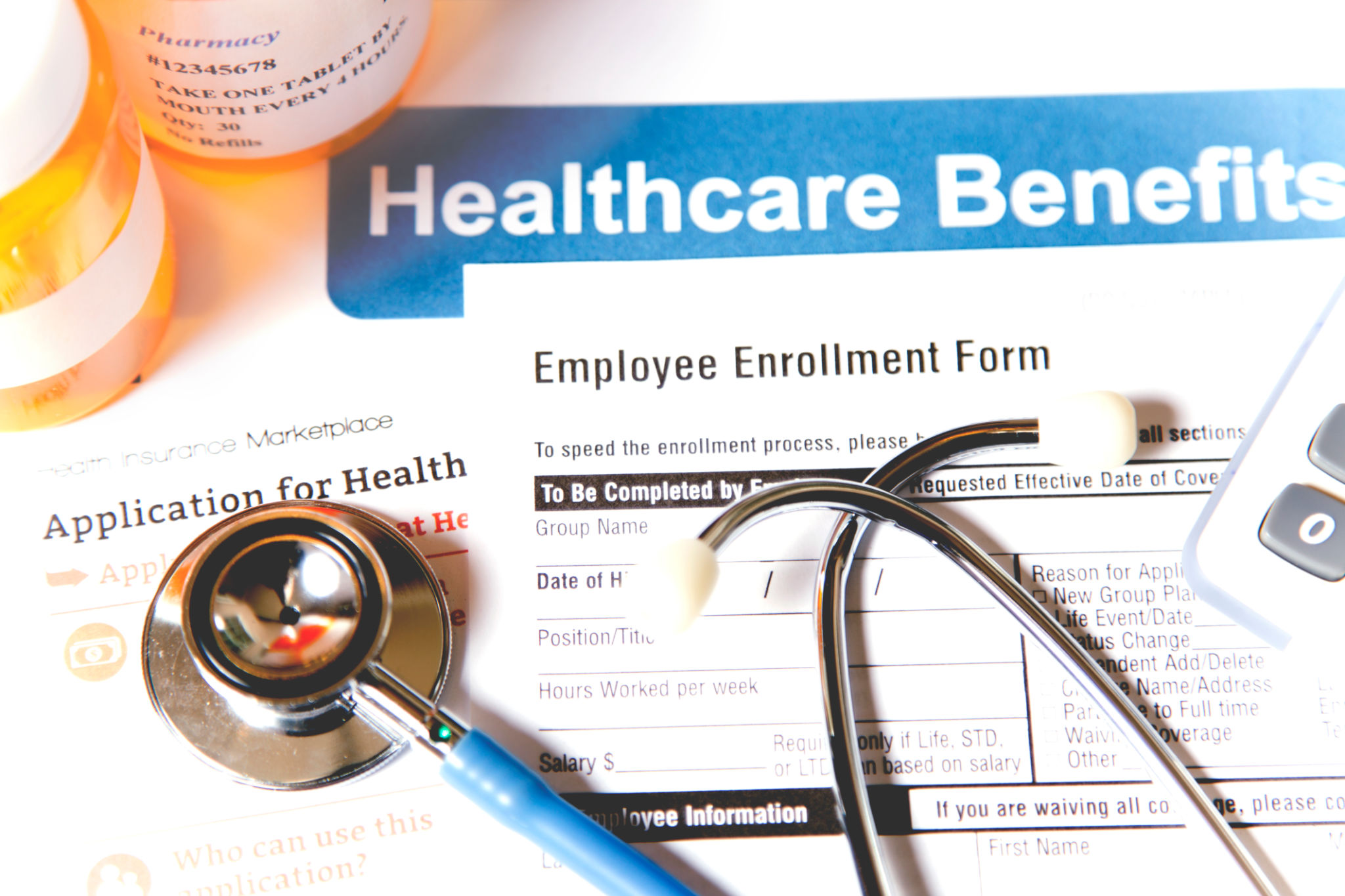Top Questions About Special Enrollment for Healthcare Plans Answered
Understanding Special Enrollment Periods
When it comes to healthcare plans, the Open Enrollment Period is the most well-known time for signing up, but what happens if you miss it? That's where the Special Enrollment Period (SEP) comes into play. A SEP allows individuals to enroll in a healthcare plan outside of the regular enrollment window, but specific qualifying events must trigger it.
These events can include life changes such as getting married, having a baby, losing other health coverage, or moving to a new area. Understanding the intricacies of SEPs can help ensure continuous healthcare coverage for you and your family.

What Qualifies as a Life Event?
Not all life changes qualify for a SEP. It’s important to know which events are considered qualifying. Some of the most common qualifying events include:
- Marriage or divorce
- Birth or adoption of a child
- Loss of other health coverage, such as losing a job or aging out of a parent's plan
- Moving to a new zip code or county
These events open a window, usually 60 days, during which you can enroll in a new healthcare plan.
How Long Do You Have to Enroll?
The time frame for enrolling during a SEP is typically 60 days from the date of the qualifying event. This means you have about two months to choose and enroll in a new plan. It's crucial to act quickly during this period, as missing the deadline may result in having to wait until the next Open Enrollment Period.

What Documentation Is Required?
When applying for a healthcare plan during a SEP, you may be asked to provide documentation that proves your eligibility. The specific documents required will depend on the qualifying event. For instance:
- For marriage, you might need a marriage certificate.
- If you’ve moved, you could be asked for proof of your new address.
- If you lost other coverage, documentation from your previous insurer may be necessary.
Having these documents ready can expedite the enrollment process.
Can You Change Plans During SEP?
Yes, if you've experienced a qualifying event, you're not only allowed to enroll in a healthcare plan but you can also change existing plans. This can be an opportunity to reassess your current coverage needs and make adjustments that better fit your situation.

What If I Miss the SEP Window?
If you miss enrolling during your SEP, you might have to wait until the next Open Enrollment Period to get health coverage unless you experience another qualifying event. This could potentially leave you without coverage for several months. Therefore, it's advisable to mark important deadlines and act promptly when eligible.
Conclusion: Stay Informed and Prepared
Understanding Special Enrollment Periods is essential for maintaining continuous healthcare coverage. By knowing what qualifies as a life event, preparing necessary documentation, and being aware of deadlines, you can navigate SEPs with confidence. Always stay informed about your options and be proactive in managing your healthcare needs.
